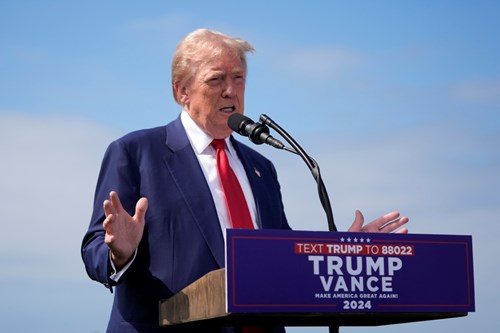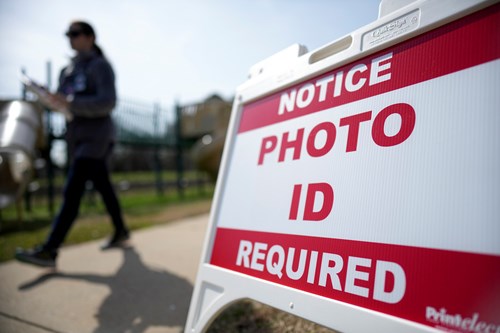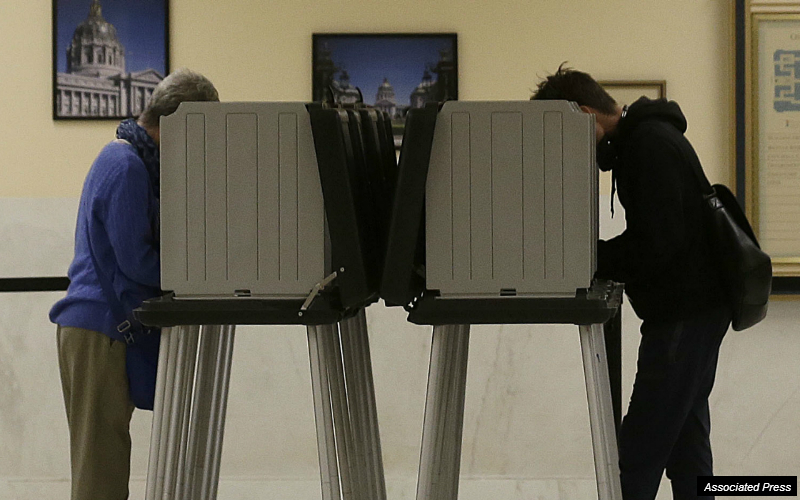This week the Public Interest Legal Foundation began oral arguments in its lawsuit against the Executive Director of the South Carolina Election Commission, Howard Knapp. The lawsuit alleges that by refusing to provide the Foundation with a copy of the statewide voter roll the state is violating Section 8 of the National Voter Registration Act of 1993.
"Under federal law, the National Voter Registration Act voter rolls are required to be public documents. They denied the Public Interest Legal Foundation access to the voter roll, saying that because we weren't a South Carolina resident or organization, they didn't have to give it to us under their state law."
The foundation requested a copy of the roll in February of this year.
The rolls are key in the fight for election integrity. By obtaining a copy of the voter roll, the public can identify errors that are vulnerabilities in our elections including people registered to vote more than once and deceased registrants who need to be removed.
The NVRA’s public disclosure provision requires that states “maintain for at least 2 years and shall make available for public inspection…all records concerning the implementation of programs and activities, conducted for the purpose of ensuring the accuracy and currency of official lists of eligible voters.”
The PILF contends that it has a right to inspect South Carolina’s rolls regardless of its Virginia-based physical address and that South Carolina’s denial puts it in violation of federal law.
The NVRA doesn’t give “public” an address.
PILF: We'll see about that
So Bis says they filed their current lawsuit.

"We filed a lawsuit basically saying that federal law trumps state law. The National Voter Registration Act requires you to make this information available to the public. And the reason it's important is kind of getting back to what I was saying at the beginning, what the voter roll actually is, the list of eligible voters. You can't really hold your election officials accountable to make sure things like people who have passed away or moved away or aliens who shouldn't be registered are on the rolls if you can't even get a copy of that list."
Bis says PILF has fought and won access to the voter rolls in Maine, Maryland, and Illinois. Additionally, the Foundation has an active case against Hawaii for failing to maintain and provide a statewide voter roll for public inspection.
Rulings in these states give PILF precedent to carry into its South Carolina litigation.
Most recently, a three-judge panel of the First Circuit Court of Appeals in February unanimously sided with PILF when it required Main Sec. of State Shenna Bellows to hand over the state’s voter rolls without restrictions.
The Department of Justice supported PILF with an amicus brief in its Maine case.
Maine's logic
Bellows, a Democrat who oversees the state's election system, had argued that the release of the data would compromise voters' privacy and personal information. She argued that if the voter information was posted online, they could be subjected to harassment, Just The News reported.
“No Mainers should be afraid that by registering to vote that their information will be published online and that they’ll face threat, harassment and other harms," she said in a statement.
Bellows said the state is still evaluating the court's ruling but "will do everything in our power in accordance with the law and court decision to protect voter information from abuse."
In legal arguments, lawyers for the state accused PILF of seeking the rolls for frivolous means, saying that the group wants to use the voter information to probe baseless claims of widespread voter fraud in previous presidential elections.







